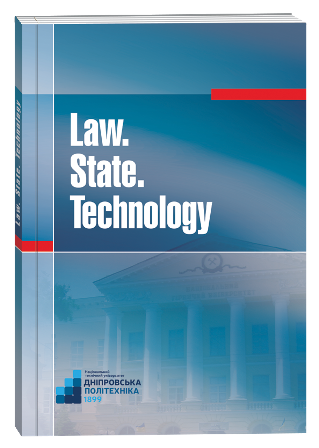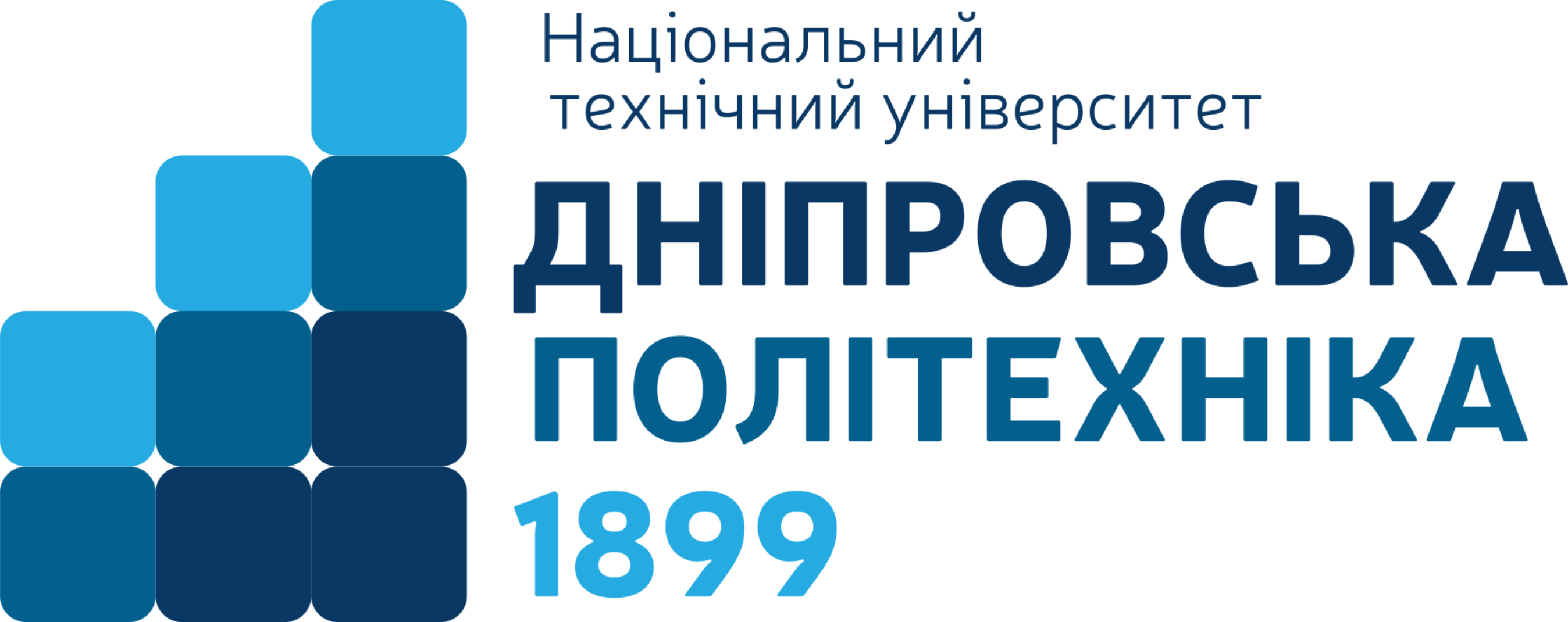UNDERSTANDING SUBJECTIVE PUBLIC SERVICE RIGHTS
DOI:
https://doi.org/10.32782/LST/2024-2-3Keywords:
administrative reform, administrative service, subjective public service law, public administrative legal framework, legal authorityAbstract
The method of scientific research indicates the establishment of the category of subjective public service rights. The article states that subjective public rights are rights that belong to a specific individual (subject) within the framework of its interaction with the state and other subjects of law, and that are guaranteed by official legislation. The main characteristics of subjective public rights must include: the creation and implementation of a system of guarantees of the reliability of their implementation, which may be sanctioned by the power, established by the official legislation of the power; Individuality and the special nature of regulation, which arises from the fact that subjective public rights are recognized for certain individuals and groups of individuals (in this case, there may be the right to freedom of speech, the right to publicity, the right to special attention is that too); protection from the unsecured government handover, so that I can ensure that citizens and other subjects have the right to protection from the actions of the inactivity of government bodies, which can violate their rights; connection with the interests of the foreign powers, which are not innocent to be disrupted by the actions of other people and do not create a transition to ensure social well-being and the economic development of marriage. It has been established that the existence of subjective public service rights may be correlated with the non-violation of the rights and interests of other individuals, and the estate in general. It is agreed that the existence of subjective public rights is related to their jurisdiction before the law, which means that the exchange and violation of rights can lead to the establishment of mutual legal authority, to the extent possible attracted both by the township authorities of the state power and local self-government, and a private individual's awareness of his or her social credentials before the state, which may manifest itself in the grave abuse of entitlement rights, the level of the individual's legal credentials, its legal culture and legal activity i. Applications of subjective public services include the right to access public information, the right to retain administrative services, the right to social information, the right to access public information, etc.
References
Білозерська Т. О. Реформування публічної адміністрації в Україні як крок до європейської інтеграції. Форум права. 2007. № 2. С. 11–19.
Мацелик Т. О. Суб'єктивне публічне право як юридичний феномен. Юридичний вісник. 2011. № 3 (20). С. 67–71.
Чуб А. В. Класифікація суб’єктивних публічних прав приватної особи. Юридичний вісник. 2020. № 4. С. 101–108. DOI https://doi.org/10.32837/yuv.v0i4.1977
Комзюк А. Т., Бевзенко В. М., Мельник Р. С. Адміністративний процес України: навч. посіб. Київ: Прецедент, 2007. 531 с.
Легеза Є. О. Теорія публічних послуг: адміністративно-правова складова: монографія. Херсон: Видавничий дім «Гельветика», 2016. 452 с.
Легеза Ю. О., Шевирталов В. С. Публічне управління процесами соціальної інтеграції внутрішньо переміщених осіб в Україні. Дніпровський науковий часопис публічного управління, психології, права. 2023. №1. С. 125–128.
Про заходи щодо впровадження Концепції адміністративної реформи в Україні: Указ Президента України від 22 липня 1998 року № 810/98. URL.: https://zakon.rada.gov.ua/laws/show/810/98#Text
Курінний Є. В. Про актуалізацію питання підготовки нового етапу реформування адміністративного права України. Вісник Луганського держ. ун-ту внутр. справ ім. Е. О. Дідоренка. 2013. № 2. С. 191–200. С. 194.








